Introduction
Choosing the right secured loan lender can make a major difference in how much you pay and how quickly you’re approved. Some lenders specialize in helping borrowers with less-than-perfect credit, while others reserve their best rates for top-tier applicants.
The type of collateral you use like a vehicle, savings account, or home equity also shapes your loan options and terms. Because each lender operates differently, comparing them before applying is essential if you want the best rate, repayment flexibility, and overall value.
This guide highlights the top secured loan lenders in 2025, what sets them apart, and how to find the one that best fits your credit profile and financial goals.
Key Takeaways
Secured Loan Lenders: What to Know
- Secured loan lenders require collateral such as a car, savings, or other valuable assets which helps lower risk and unlock better rates.
- Your credit profile still matters. Strong credit can earn you larger loan limits and lower APRs, while fair or bad credit may limit your options.
- Collateral type affects terms. Some lenders accept vehicles or savings, while others focus on home equity or investments.
- Compare beyond the rate. Evaluate total loan cost, fees, collateral requirements, and approval timelines before committing.
- Different lenders serve different borrowers. Some are designed for credit rebuilding, others for prime borrowers seeking high loan amounts.
Disclaimer: This site contains affiliate links. If you make a purchase, we may earn a commission at no extra cost to you.
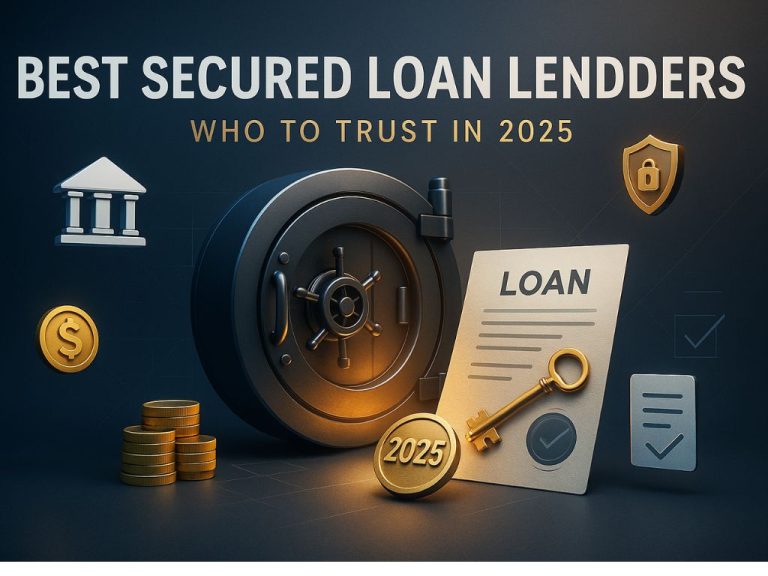
Best Secured Loan Lenders in 2025: Comparison and Insights
Finding the right secured loan lender isn’t just about the lowest APR, it’s about matching your financial situation, collateral, and credit profile to the lender’s strengths.
Below is a side-by-side look at the leading options in 2025, followed by strategic guidance on which type of borrower each fits best.
| Lender | Best For | Loan Amount | APR Range | Collateral Type |
|---|---|---|---|---|
| OneMain Financial | Borrowers with poor or limited credit who need quick access to funds | $1,500 – $20,000 | 18.00% – 35.99% | Vehicle title |
| Upgrade | Fair-credit borrowers seeking competitive APRs and flexible online approval | $1,000 – $50,000 | 8.49% – 35.99% | Personal assets, vehicles |
| Navy Federal Credit Union | Active-duty military, veterans, and families wanting ultra-low rates | $250 – $100,000 | From 2.05% | Savings accounts, CDs |
| LightStream | High-income or excellent-credit borrowers financing major projects | $5,000 – $100,000 | 6.99% – 24.99% | Various assets |
| Wells Fargo | Existing bank customers looking for stable rates and large loan options | $3,000 – $100,000 | 5.99% – 22.99% | Savings accounts, CDs |
OneMain Financial – Best for Bad Credit Borrowers
Why it stands out: OneMain remains one of the most accessible national lenders for borrowers who don’t qualify elsewhere. Its secured loans accept vehicle titles instead of relying strictly on credit scores, and approval can often be completed within 24 hours.
Best for: Borrowers with credit challenges who need cash quickly or want to consolidate high-interest debt.
Loan range: $1,500 – $20,000
APR: 18.00% – 35.99%
Trade-offs: Rates are on the higher end, but accessibility and speed make up for it.
Strategic Insight: OneMain is often a credit-rebuilding bridge, many borrowers use it to demonstrate repayment reliability before refinancing at lower rates later.
Upgrade – Best for Low APR Loans
Why it stands out: Upgrade’s hybrid model combines fintech speed with traditional lending discipline. It offers competitive rates for fair-credit borrowers, especially those who can pledge vehicles or other assets.
Best for: Borrowers with average credit seeking predictable monthly payments and digital convenience.
Loan range: $1,000 – $50,000
APR: 8.49% – 35.99%
Collateral flexibility: Accepts a broad range of personal assets, giving more borrowers eligibility options.
Strategic Insight: Upgrade’s prequalification process allows rate shopping with a soft credit check ideal for comparing real offers without lowering your score.
Navy Federal Credit Union – Best for Military Members
Why it stands out: Navy Federal’s secured personal loans are among the lowest-cost credit options in the U.S. Collateralized by savings or CDs, they carry minimal risk for both borrower and lender, enabling APRs that often beat even unsecured prime loans.
Best for: Military personnel, veterans, and their families with stable income and savings.
Loan range: $250 – $100,000
APR: Starting at 2.05%
Membership requirement: Must be part of or related to the U.S. military community.
Strategic Insight: For members who maintain savings with Navy Federal, these loans double as a low-cost credit-building tool while keeping funds insured and accessible.
LightStream – Best for Large Loan Amounts
Why it stands out: Backed by Truist Bank, LightStream is known for high loan limits and premium borrower experience. It’s ideal for financing major projects home renovations, business investments, or debt consolidation at near-prime rates.
Best for: Borrowers with strong credit (660+) and higher income who value long-term savings through low APRs.
Loan range: $5,000 – $100,000
APR: 6.99% – 24.99%
Unique feature: No fees, no prepayment penalties, and a satisfaction guarantee.
Strategic Insight: LightStream’s unsecured and secured offers sometimes overlap borrowers with strong credit can compare both and choose based on flexibility, not just rate.
Wells Fargo – Best for Bank Customers
Why it stands out: As one of the most established secured loan providers, Wells Fargo offers stability, high limits, and relationship-based perks for existing customers. Savings-backed loans provide a low-risk borrowing path for those who already maintain accounts with the bank.
Best for: Bank customers who value reliability, in-person service, and predictable terms.
Loan range: $3,000 – $100,000
APR: 5.99% – 22.99%
Collateral type: Savings accounts and CDs held at Wells Fargo.
Strategic Insight: Wells Fargo tends to reward loyalty long-term customers may qualify for preferential terms or streamlined approval, even with moderate credit.

How to Compare Secured Loan Lenders
Not all secured loan lenders operate the same way, some reward loyalty, others focus on speed, and a few cater to borrowers rebuilding credit.
To find the right fit, you’ll need to look beyond surface-level rates and evaluate how each lender aligns with your financial situation, credit profile, and collateral type.
Below are the core factors every borrower should weigh before applying.
1. Interest Rates & APR (Annual Percentage Rate)
The APR reflects the total borrowing cost, not just the interest rate, but also fees and charges.
- Fixed vs. variable: Fixed rates stay stable; variable rates may start low but rise later.
- Compare real APRs, not promos: Introductory rates can hide long-term costs.
- Rule of thumb: A difference of just 2% on a $20,000 loan can add or save hundreds over time.
2. Loan Amount & Borrowing Limits
Your collateral and credit determine how much you can borrow.
- Small-dollar loans ($1k–$5k): Ideal for emergencies or debt consolidation.
- High-limit loans ($50k–$100k): Better for renovations or investments.
Avoid “borrowing the max”, take only what you can comfortably repay to protect your asset and credit score.
3. Collateral Requirements
Lenders vary widely in what they’ll accept as collateral:
- Common options: Vehicles, savings accounts, CDs, or investment portfolios.
- Higher-value collateral = lower APR. Savings-secured loans tend to have the best rates.
Always understand the repossession policy, what happens if you default and how the asset will be handled.
4. Credit Score & Eligibility Criteria
Collateral helps, but your credit still influences terms.
- Below 600: Look at lenders like OneMain Financial or credit unions.
- 600–700: You may qualify for mid-range rates with lenders like Upgrade.
- 700+: Prime borrowers can secure the best APRs from LightStream or Wells Fargo.
Remember, lenders often consider income stability and debt-to-income ratio (DTI) alongside credit score.
5. Fees & Hidden Costs
Don’t just compare rates, compare total cost of borrowing.
Watch for:
- Origination fees: 1%–5% of the loan amount, common with online lenders.
- Prepayment penalties: Charged if you pay off early.
- Late fees: Added after missed payments; can trigger higher APRs or collateral risk.
The most transparent lenders clearly list all fees upfront.
6. Customer Service & Lender Reputation
Your lender relationship matters, especially for long-term loans.
- Check reviews and BBB ratings. Look for consistent complaints about billing or service.
- Branch vs. online: In-person support is valuable if you prefer hands-on help; online lenders are better for speed.
Support access: Quick customer response times can prevent bigger financial issues later.
Quick Recap: What Really Matters: When comparing lenders, prioritize fit over flash. The right secured loan should match your needs, protect your collateral, and offer transparent, affordable repayment not just the lowest advertised rate.
How to Improve Your Approval Odds
Secured loans are generally easier to qualify for than unsecured ones but approval isn’t automatic.
Even with collateral, lenders still evaluate your credit behavior, income stability, and repayment reliability. Strengthening these areas before applying can lead to faster approval and lower interest rates.
Here’s how to position yourself as a strong applicant.
1. Choose the Right Collateral
Collateral is your bargaining chip. The more valuable and stable the asset, the more confidence a lender has in your ability to repay.
- Use high-value or low-risk assets: Savings accounts, certificates of deposit (CDs), and fully owned vehicles tend to secure better terms than items that lose value quickly.
- Match collateral to the loan: Avoid pledging high-value assets for small loans, it’s unnecessary risk.
- Keep proof ready: Titles, account statements, or appraisals can speed up approval.
💡 Pro tip: If you have both cash-based and physical collateral options, lead with the cash-based one, it’s more liquid and less risky for both you and the lender.
2. Strengthen Your Credit Before Applying
Even for secured loans, your credit score still influences rates and limits.
- Pay down credit cards and small debts: Reducing your utilization below 30% can quickly boost your score.
- Dispute errors: Incorrect late payments or balances can hurt your score by dozens of points.
- Avoid new debt: Too many recent applications can flag you as high risk.
💡 Even a 20–30 point bump in your credit score could mean a lower APR or a higher approved amount.
3. Apply with a Co-Signer (When It Makes Sense)
If your credit or income is weak, a co-signer can make a major difference.
- Lenders consider both credit profiles, which can help unlock better terms.
- Co-signers with high credit scores and stable income reduce lender risk.
Remember, co-signers are equally responsible for repayment, choose someone who fully understands the commitment.
4. Compare and Prequalify Before You Apply
Not all lenders treat your profile the same.
- Use prequalification tools that perform soft credit checks. This lets you see real APR estimates without affecting your credit score.
- Compare at least three lenders before committing even small APR differences can equal hundreds in long-term savings.
- Focus on total loan cost (APR + fees), not just the interest rate.
5. Limit Multiple Applications
Each hard credit inquiry can temporarily reduce your score by a few points.
- Apply strategically after researching and prequalifying, submit one or two final applications to the lenders offering the best rates.
- Submitting applications within a short window (usually 14–30 days) is treated as a single inquiry by most credit scoring models.
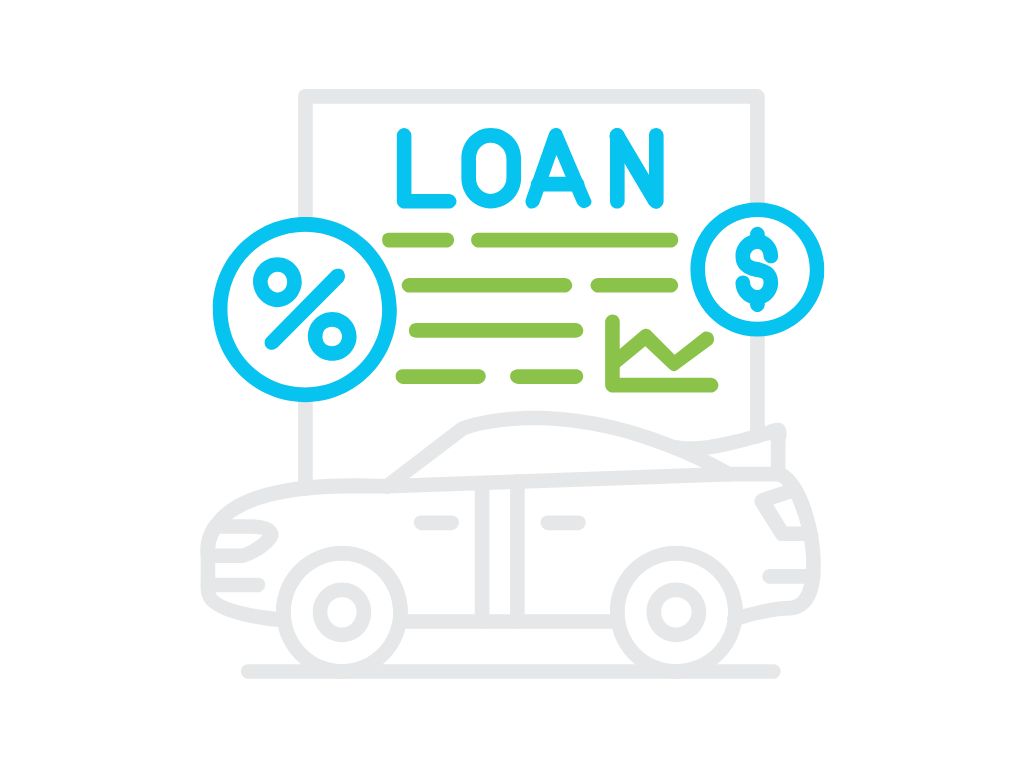
Choosing the Right Secured Loan Lender
Selecting the right secured loan lender isn’t just about finding the lowest rate, it’s about aligning the loan structure, collateral requirements, and repayment terms with your financial reality.
Some lenders offer flexibility for borrowers rebuilding credit, while others reward long-term banking relationships or strong credit profiles. Understanding your position helps you choose confidently.
What to Check Before Signing
Before you commit to any secured loan, review these core areas carefully:
- Collateral terms: Know exactly what asset you’re pledging and what happens if you default.
- APR and total loan cost: Look beyond the headline rate. Factor in origination fees, penalties, and insurance add-ons.
- Repayment timeline: Pick a term that balances monthly affordability with overall interest cost.
- Lender transparency: Reputable lenders are upfront about fees, prepayment options, and approval conditions.
What to Avoid When Choosing a Secured Loan Lender
Even the best loan can turn into a financial setback if you pick the wrong lender or overlook key details.
Before applying, keep an eye out for these common pitfalls that can cost you more than you expect.
1. Ignoring the True Cost Beyond the APR
A low advertised interest rate doesn’t always mean a cheaper loan. Some lenders add origination fees, insurance add-ons, or late payment penalties that inflate your total cost.
What to do instead: Compare the APR (Annual Percentage Rate), it includes interest and mandatory fees and read the fine print for any hidden charges.
2. Choosing the Wrong Collateral
Not all assets make good collateral. Using your primary vehicle or savings might backfire if you hit financial trouble.
What to do instead: Pledge assets you can afford to risk or choose a savings-backed or CD-secured loan, where your funds remain insured and recoverable.
3. Applying Without Checking the Lender’s Legitimacy
Predatory lenders often advertise “guaranteed approval” or “no credit check” loans.
These offers often come with excessive interest rates (100%+) or upfront fees both red flags.
What to do instead: Work only with FDIC-insured banks, NCUA-backed credit unions, or verified online lenders. If a lender demands money before approval, walk away.
4. Overborrowing or Using Funds for Nonessential Spending
Just because you qualify for $20,000 doesn’t mean you should borrow it. Large loans can become a long-term burden if not used strategically.
What to do instead: Borrow only what you truly need especially for debt consolidation, emergencies, or income-building investments.
5. Overlooking Repayment Flexibility
Some secured loans lock borrowers into strict repayment schedules or penalties for early payoff.
What to do instead:
Look for lenders that offer:
- Early repayment without penalties
- Grace periods or hardship programs
- Clear options to refinance or restructure if needed
6. Applying to Multiple Lenders at Once
Submitting too many loan applications in a short time triggers multiple hard inquiries, lowering your credit score.
What to do instead: Use prequalification tools (soft credit checks) to compare rates safely before choosing where to apply.
7. Forgetting to Read Collateral Terms
Many borrowers don’t realize that missing payments can mean instant loss of their asset even if the balance owed is small.
What to do instead:
Ask your lender:
- When does repossession start after a missed payment?
- Can I recover my asset after paying off late fees?
- What happens if I refinance or pay early?
Pro Insight: The safest secured loan isn’t just about low rates, it’s about clear terms, flexible repayment, and transparent policies. A trustworthy lender won’t rush your decision or hide conditions in small print.
When a Secured Loan Makes Sense
A secured loan can be a smart move if you:
- Need a larger loan amount than unsecured options allow.
- Want to lock in a lower rate by leveraging savings, a vehicle, or another asset.
- Have fair or bad credit but consistent income and valuable collateral.
- Can confidently manage payments without risking your pledged asset.
But if you prioritize speed, flexibility, or don’t want to tie assets to debt, an unsecured personal loan or credit union alternative might be the better fit.
Bottom Line: A secured personal loan can unlock access to better financing terms, but it requires responsibility. Compare multiple lenders, understand the risks tied to your collateral, and only borrow what you can repay.
When used strategically, a secured loan can do more than meet short-term needs, it can rebuild credit, reduce long-term costs, and strengthen financial security over time.

Conclusion
The best secured loan isn’t simply the one with the lowest interest rate, it’s the one that fits your credit profile, collateral type, and repayment comfort zone.
If you have strong credit or stable savings, lenders like LightStream, Wells Fargo, or Navy Federal Credit Union can offer competitive rates and flexible terms.
If you’re rebuilding your credit or need faster approval, Upgrade or OneMain Financial may be the more realistic starting point.
Whatever your situation, take the time to:
- Compare multiple lenders side by side rates can vary widely.
- Understand the true cost of borrowing, including fees and collateral risk.
- Only borrow what aligns with your financial goals, not just what you qualify for.
A secured loan can be a powerful tool for debt consolidation, major purchases, or credit rebuilding but only if you approach it strategically.
Use this guide as a roadmap, verify every offer, and choose the lender that strengthens your financial position, not one that compromises it.
Next: Check out our detailed guide on secured loans for a deeper breakdown.
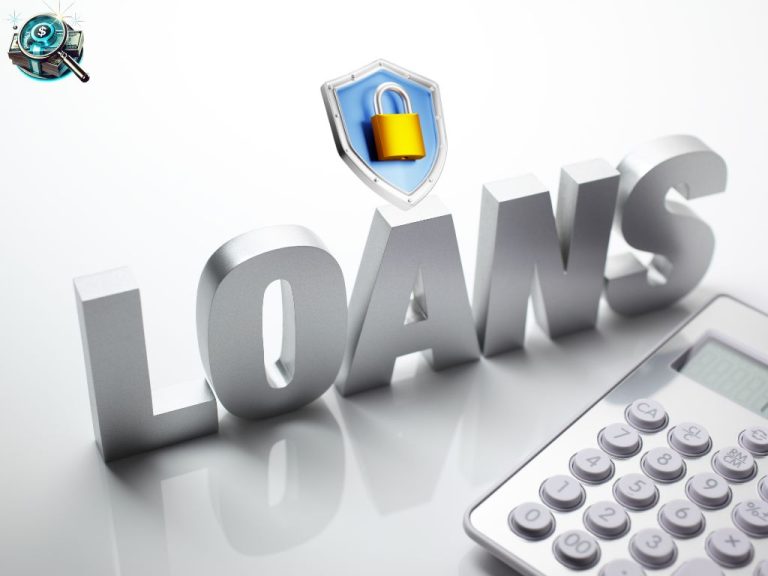
FAQs About Secured Loan Lenders
1. What makes a secured loan different from a regular personal loan?
A secured loan requires collateral like a car, savings account, or investment to back the amount you borrow. This reduces the lender’s risk and often results in lower interest rates, higher loan amounts, and easier approval, especially for borrowers with fair or bad credit.
2. Which lender is easiest to get a secured loan from?
If your credit score is low, OneMain Financial is among the most flexible. It focuses more on the value of your collateral than your credit score. For military members, Navy Federal Credit Union offers some of the lowest rates and lenient approval standards for savings- or CD-backed loans.
3. What credit score do I need for a secured loan?
It depends on the lender. Many start around 600–640, but secured lenders like OneMain or Upgrade may approve borrowers with scores as low as 560 or none at all if collateral is strong. Borrowers with higher credit (660+) typically qualify for premium rates from banks or LightStream.
4. What kind of collateral can I use?
The most common collateral types include:
- Vehicles (title loans or equity-based)
- Savings accounts or CDs
- Investments (stocks, bonds, mutual funds)
- Real estate or home equity
Each asset carries a different risk profile. Always ask your lender how collateral is valued and what happens if the asset’s value changes during repayment.
5. Can I get a secured loan with bad credit?
Yes, that’s one of the key advantages. Collateral reduces lender risk, so approval is possible even with poor credit. However, expect higher APRs and stricter repayment terms. Lenders like OneMain, Upgrade, and some credit unions specialize in bad-credit secured loans.
6. Do secured loans help build credit?
They can if managed responsibly. Timely payments are reported to credit bureaus and can help you rebuild or strengthen your credit score over time. However, missed or late payments will have the opposite effect and may trigger collateral repossession.
7. Is paying off a secured loan early a good idea?
Usually, yes, early payoff saves on interest. But always review your loan agreement first. Some banks or finance companies still charge prepayment penalties to make up for lost interest income.
8. How much can I borrow with a secured loan?
Loan limits depend on the lender and the collateral’s value.
- Banks and credit unions: Up to 80–100% of your savings or CD balance.
- Auto-secured loans: Usually 25–70% of the car’s appraised value.
- Investment-backed loans: Often capped at 50–70% of portfolio value.
LightStream and Wells Fargo currently offer some of the highest limits up to $100,000.
9. How fast can I get approved and funded?
Processing times vary by lender type:
- Online lenders: 24–48 hours on average.
- Banks and credit unions: 3–7 business days, sometimes longer if collateral appraisal is required.
If you’re pledging savings or CDs, funding can be same-day once verification clears.
10. How do I avoid scams or bad lenders?
Avoid any lender that:
- Promises “guaranteed approval” or “no credit check” loans.
- Requests money upfront before approval.
- Refuses to provide written loan terms.
Stick with FDIC- or NCUA-insured institutions, and double-check online reviews or Better Business Bureau ratings before signing anything.


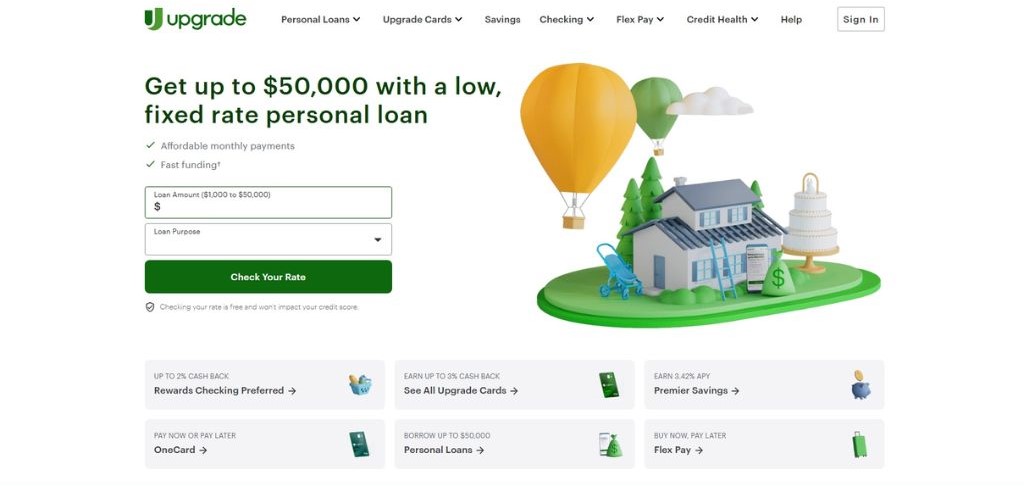
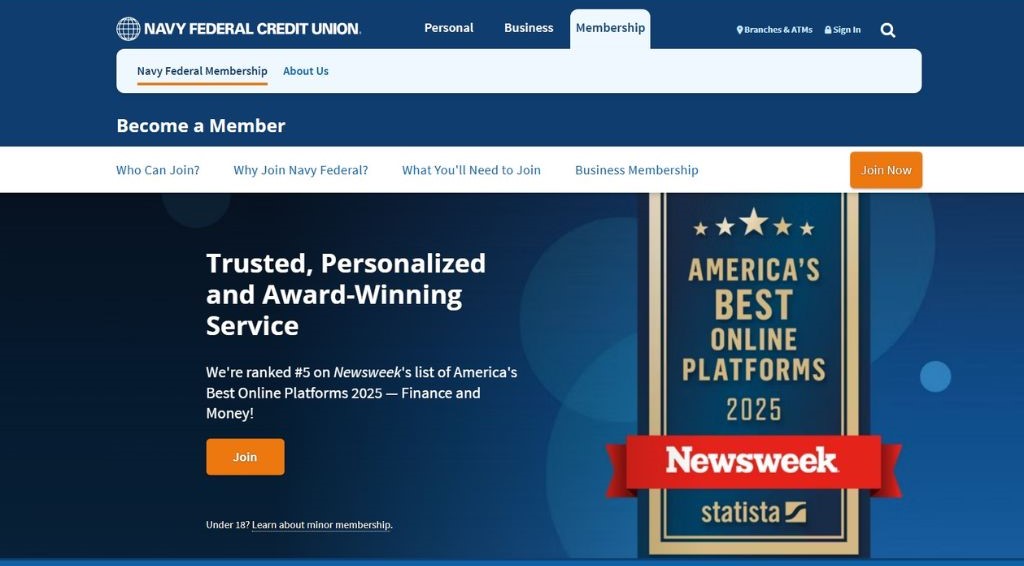
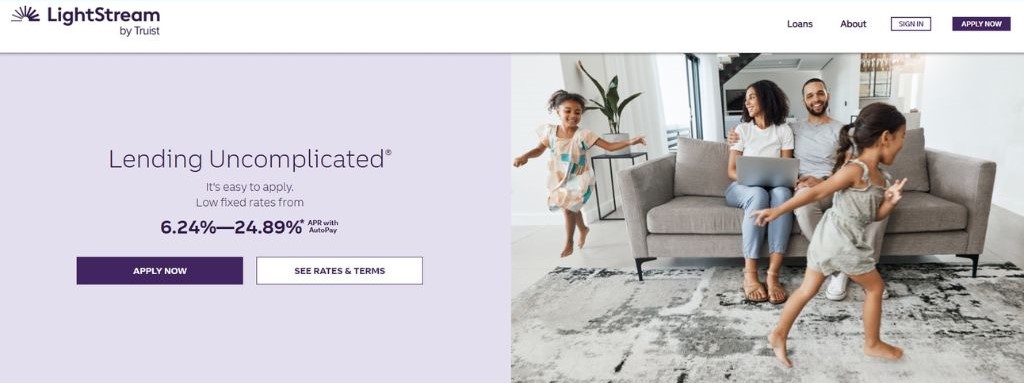
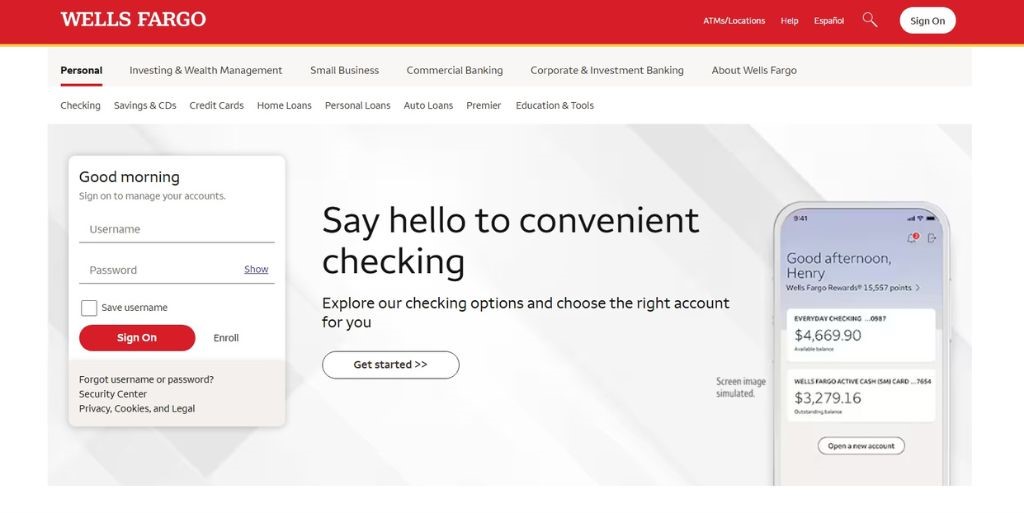



0 Comments